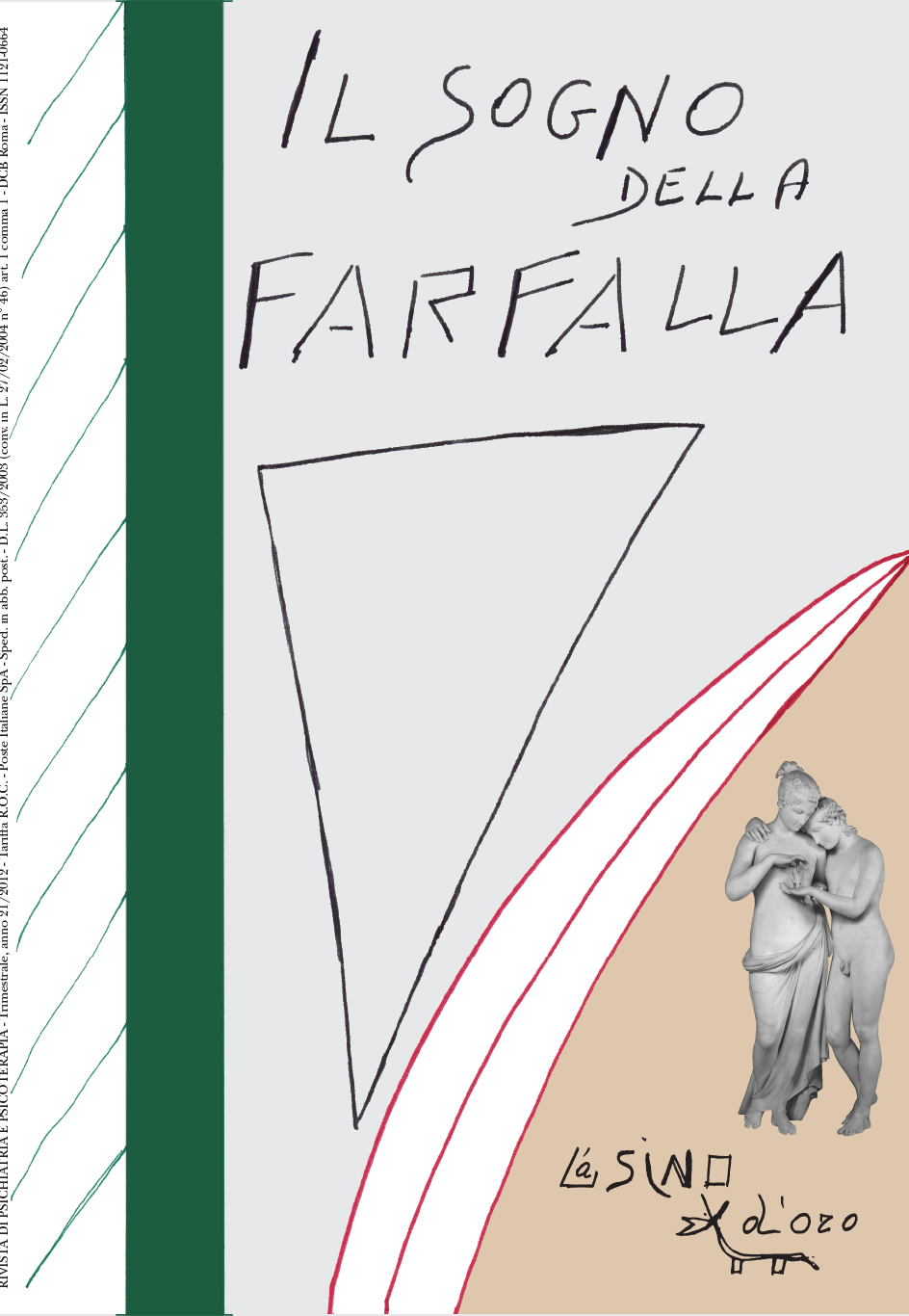Dentro il carcere. Quando il tempo si ferma
DOI:
https://doi.org/10.14663/sdf.v31i2.772Abstract
The aim of this article is to discuss the topic of mental illness in the context of penitentiary institutions. Psychologists and psychiatrist working in jails are aware of the profound difference between the lives of those living free in society and those secluded in penitentiary institutions. The author of this paper focuses his attention on the importance to investigate the mental state of detainees, with a particular attention to those who have committed murders. Although this research is of crucial relevance, only in 1987 with the establishment of the “Nuovi Giunti” (Newcomers) service, a scientific analysis of jailers’ personalities in Italian penitentiary institutes was introduced. This method is based on three fundamental principles: observation, diagnosis, and treatment. With the aim to reduce the high number of suicides, this new service also led to the recruitment of psychologists as specific professional figures. This article presents the clinical case of a father, who was found guilty of the murder of his 16 months old son. This case allows the author to further investigate lack of affectivity as a major etiological cause of mental illness. With regards to the etiology, classical psychopathology established fundamental diagnostic categories whereas criminology and forensic psychiatry largely contributed with the publication of many studies. However, only the theory postulated by the psychiatrist Massimo Fagioli has allowed to understand that the root of mental illness lies in the unconscious dimension of human beings. The author concludes that the discovery of non conscious physiological and pathological dynamics has provided a new theoretical and practical psychiatric framework, representing at the same time a new model of observation and treatment for diagnosis in penitentiary institutions.


